Rabbits are adorable and affectionate pets that make great companions. However, they can be prone to various health issues that can cause serious problems if left untreated. As a responsible pet owner, it’s important to be aware of the common health issues that rabbits face and to take the necessary precautions to prevent them. In this blog post, we will discuss 10 of the most common health issues in rabbits, including their symptoms, causes, and treatment options. Whether you’re a seasoned rabbit owner or considering getting a rabbit as a pet, this guide will provide you with valuable information to help keep your furry friend healthy and happy. Let’s dive in!
Rabbits are delicate animals that require special attention when it comes to their health. As a rabbit owner, it is important to be aware of the as-a-family-dog/”>common health issues that rabbits face. By knowing the symptoms, causes, and treatments of these issues, you can help your rabbit live a long and healthy life.
- Dental problems: Rabbits’ teeth never stop growing, which can sometimes lead to dental problems such as overgrown teeth, abscesses, and malocclusion. Symptoms include drooling, decreased appetite, and difficulty eating. Treatment options may include tooth trimming, antibiotics, and pain management.
-
Gastrointestinal stasis: This is a common condition in rabbits that is caused by a decrease in gut motility. Symptoms include decreased appetite, lethargy, and a decrease in fecal output. Treatment options may include medication, fluid therapy, and a change in diet.
-
Respiratory infections: Rabbits are prone to respiratory infections, which can be caused by bacteria or viruses. Symptoms include sneezing, nasal discharge, and difficulty breathing. Treatment options may include antibiotics, nebulization, and supportive care.
-
Ear infections: Ear infections are common in rabbits and can be caused by bacteria or parasites. Symptoms include head tilt, loss of balance, and ear discharge. Treatment options may include antibiotics, ear cleaning, and pain management.
-
Skin problems: Rabbits are susceptible to skin problems such as mites, fleas, and fungal infections. Symptoms include itching, hair loss, and skin lesions. Treatment options may include topical medication, oral medication, and environmental management.
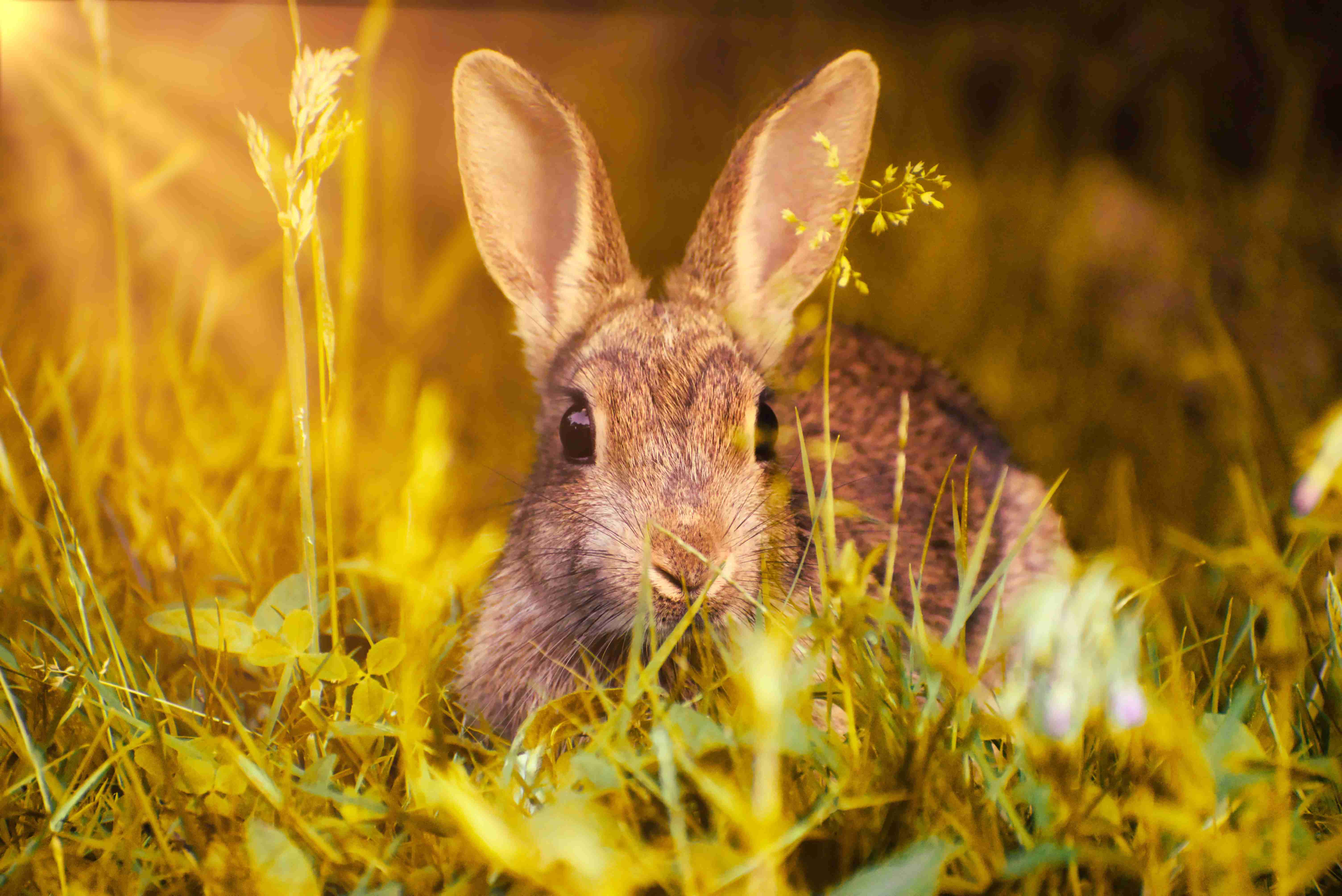
- Urinary tract infections: Rabbits are prone to urinary tract infections, which can be caused by bacteria or bladder stones. Symptoms include difficulty urinating, blood in urine, and lethargy. Treatment options may include antibiotics, pain management, and surgery.
-
Heat stroke: Rabbits are sensitive to heat and can easily develop heat stroke in hot weather. Symptoms include panting, lethargy, and loss of appetite. Treatment options may include cooling measures, such as placing your rabbit in a cool environment and providing water.
-
Obesity: Obesity is a common health issue in rabbits and can lead to other health problems such as arthritis, diabetes, and heart disease. Symptoms include excessive weight gain, lethargy, and difficulty moving. Treatment options may include a change in diet, increased exercise, and weight management.
-
Eye problems: Rabbits are prone to eye problems such as infections and injuries. Symptoms include redness, swelling, and discharge from the eye. Treatment options may include antibiotics, eye drops, and supportive care.
-
Cancer: Rabbits can develop cancer, which can occur in different parts of the body. Symptoms vary depending on the type of cancer. Treatment options may include surgery, chemotherapy, and supportive care.
Overall, as a rabbit owner, it is important to be aware of the common health issues that rabbits face. By knowing the symptoms, causes, and treatment options of these issues, you can help your rabbit live a healthy and happy life. Regular check-ups with a veterinarian and a healthy diet and exercise routine can also go a long way in preventing these health issues.
In conclusion, it is important to understand that rabbits are delicate animals that require proper care, attention, and monitoring to prevent and address any potential health issues. By being aware of the common health issues that rabbits face, their symptoms, causes, and treatments, you can take the necessary steps to ensure that your furry friend lives a healthy and happy life. Always consult with a veterinarian if you notice any concerning changes in your rabbit’s behavior or health, and remember to provide them with a safe and comfortable environment, a balanced diet, and plenty of love and affection. With the right care, your rabbit can thrive and bring joy to your life for years to come!
Please follow us on Social Media


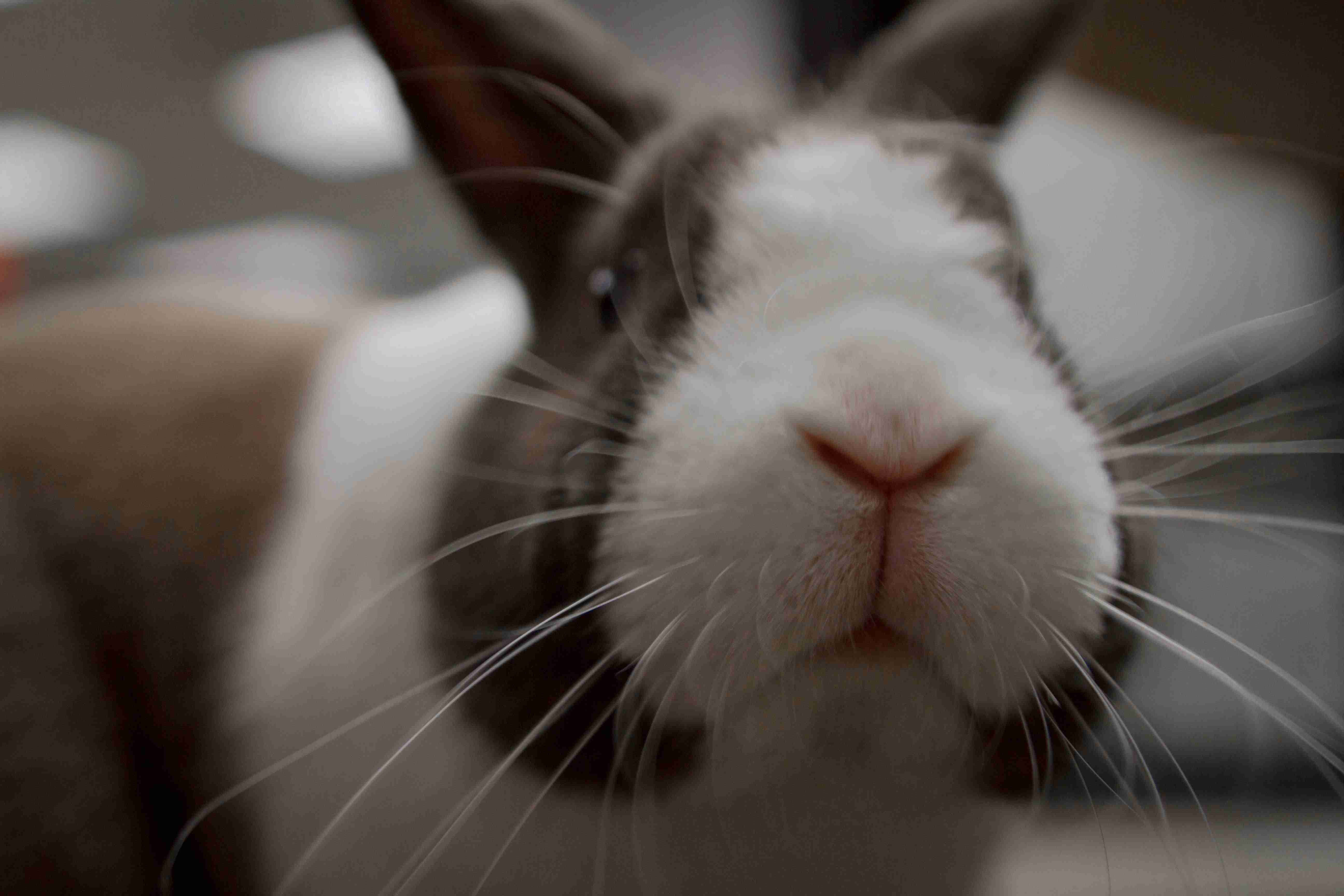
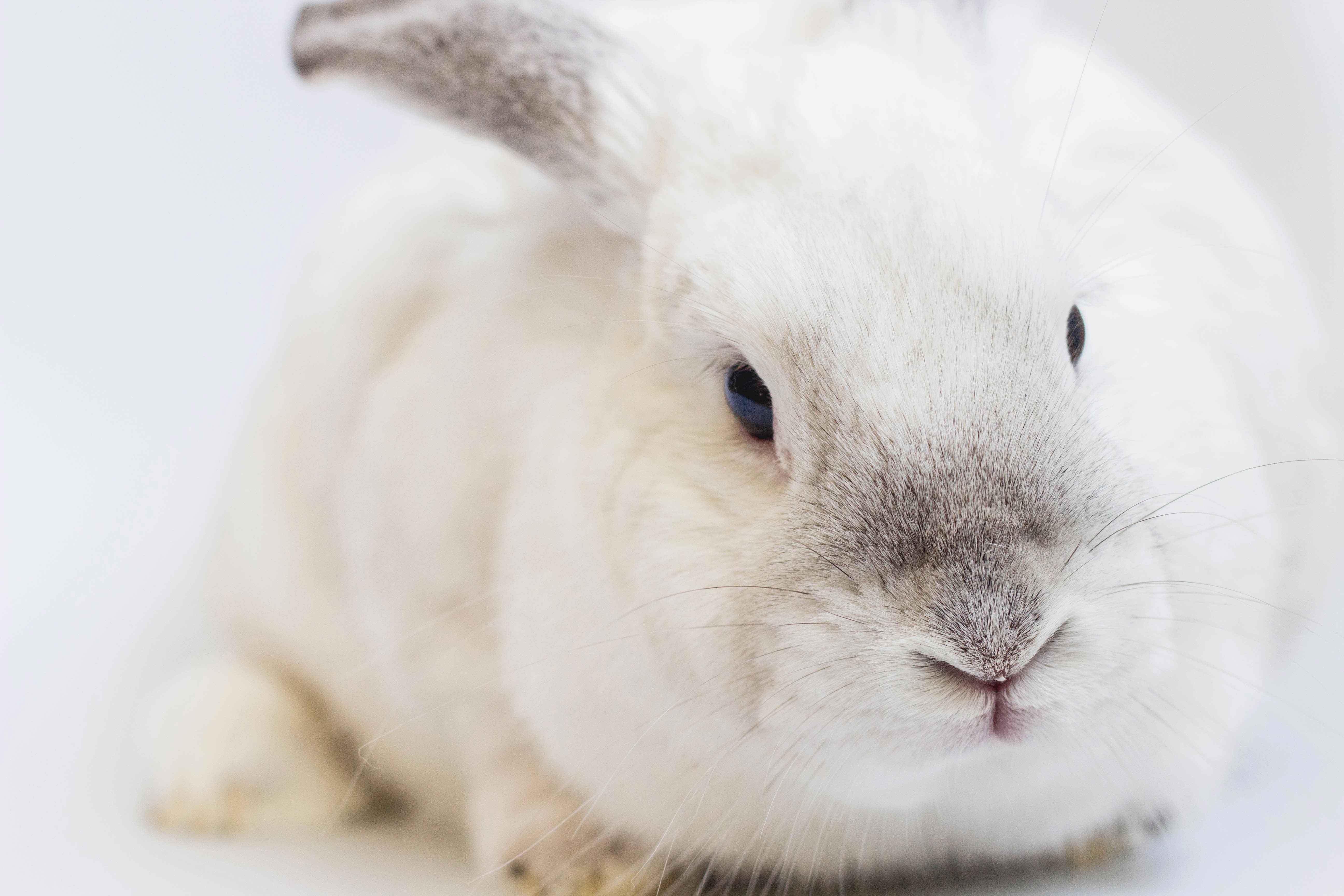
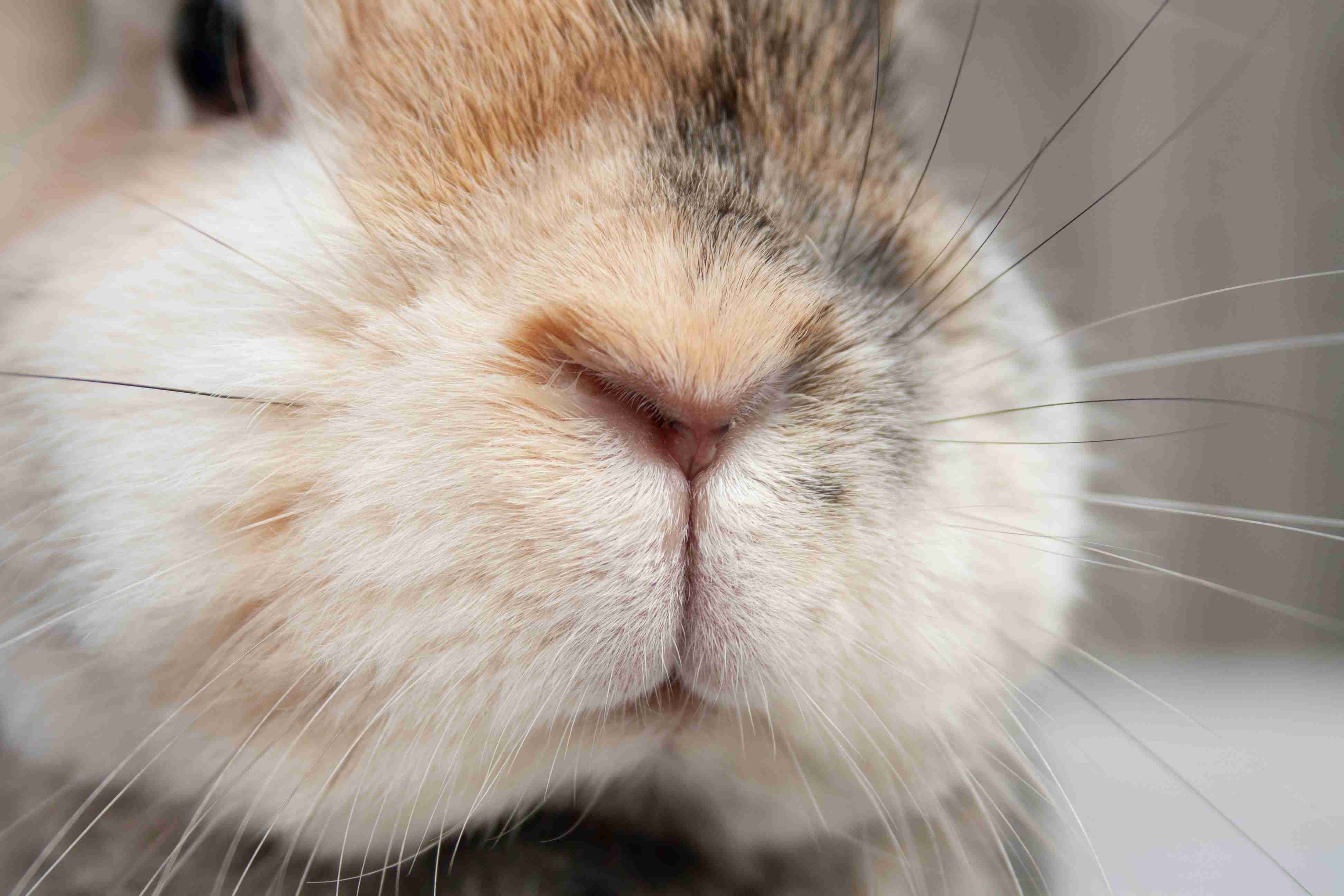

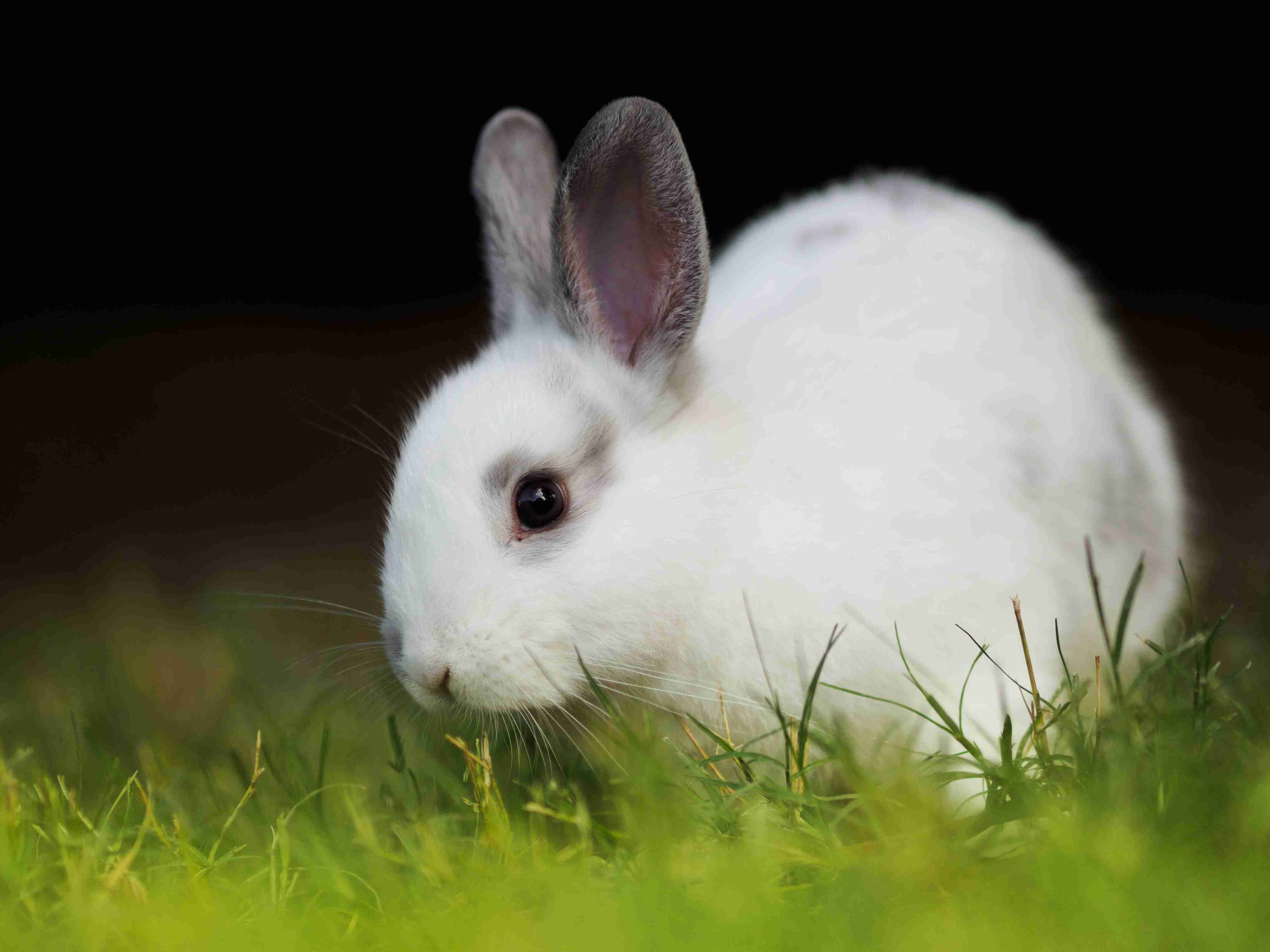
.jpg)